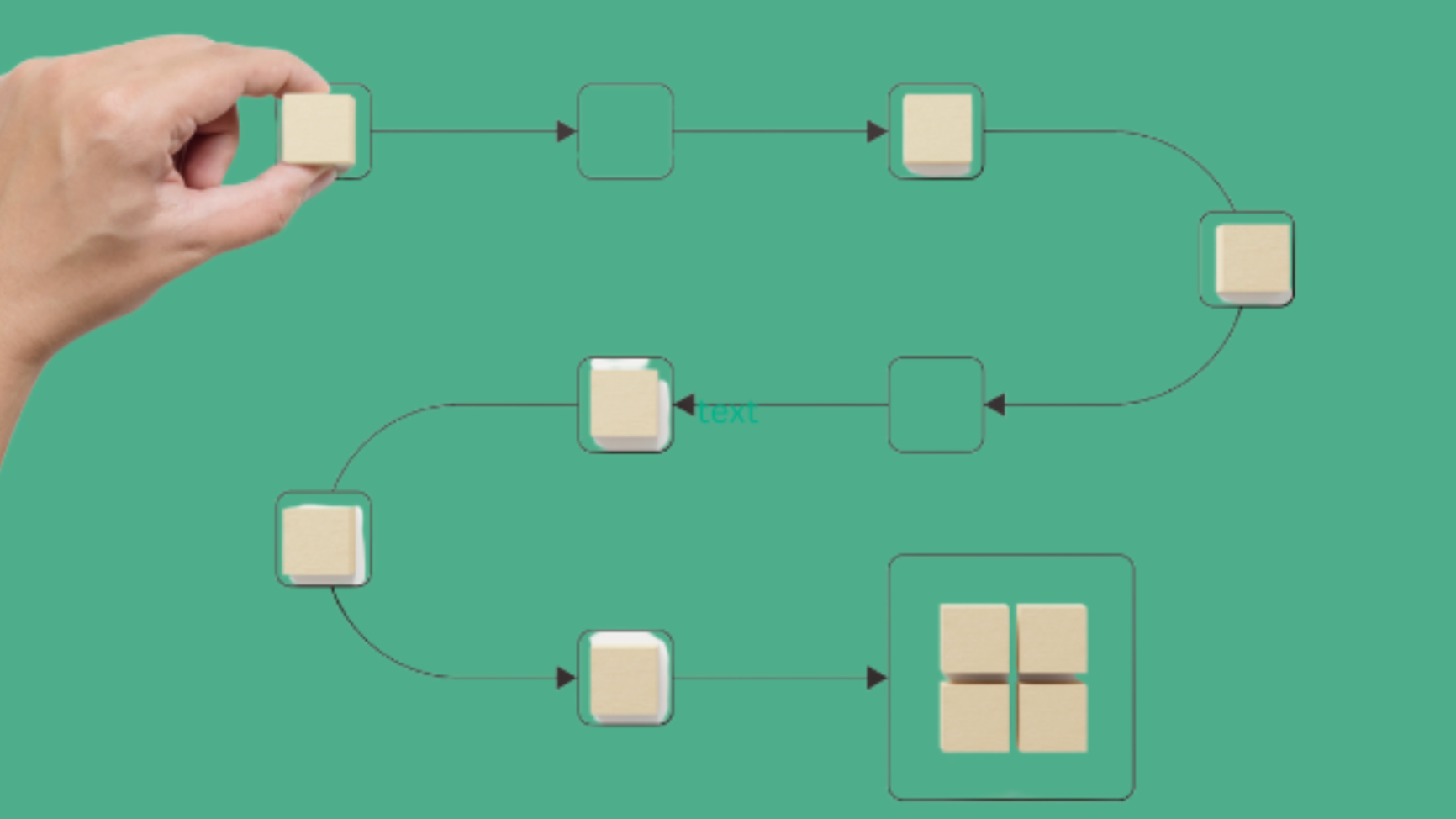What is open banking and what does it mean for you?
New Zealanders will soon have better access to open banking, but what is it? And what does it mean for how you shop and do business?
Open banking is a secure shared infrastructure for moving financial information
Open banking is the future of banking. It’s a financial technology that uses an open API (Application Programme Interface) to send information safely. It creates a shared digital infrastructure to transport information securely between registered parties.
The open API lets you send a business or institution a chunk of financial information, which should make it faster and easier to complete transactions.
The Government has established a consumer rights framework to support open banking and all the major banks are now on board. Open banking is already in place in the UK and Australia and growth has been impressive in both countries.
Open banking in action
We already have one open banking product available, which you may have used: Online EFTPOS. This is a secure online EFTPOS transaction that goes through your banking app, available with all the big four banks. It’s popular with merchants because it prevents charge-backs and has very low transaction costs compared with credit card payments.
A safe, user-friendly and affordable payment option, this demonstrates the type of products that can become available with the open banking infrastructure.
What will it mean for shoppers and businesses?
The possibilities for open banking are huge. Open banking should allow other types of low-cost transactions, which should cut costs for your business and give consumers more payment options. For example, a complete online wallet is in development which could eliminate the need to carry loyalty cards, ID and proof of address. This should make it easier to apply for a loan, buy alcohol and make use of new financial products. Open banking is also a first step on the journey to a central digital currency, which could be kept in your digital wallet.
It’s likely to spark the development of more apps and services for businesses, which may give you options for managing your finances and getting added value and security from your online accounting tools – for instance, paying directly between you and your suppliers to prevent invoice fraud.
What are the opportunities in your industry?
Open banking is a massive sandbox of possibilities for fintech – we’re not experts, but we’d be happy to chat about the potential opportunities for your business.



To discuss all your account matters please call us on 09 438 1001
Contact Us
PHONE
POSTAL ADDRESS
PO Box 687
Whangarei
New Zealand
FOLLOW US
Copyright Gunson McLean Ltd © 2019
